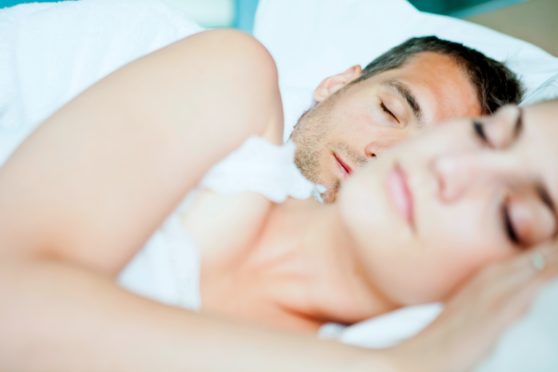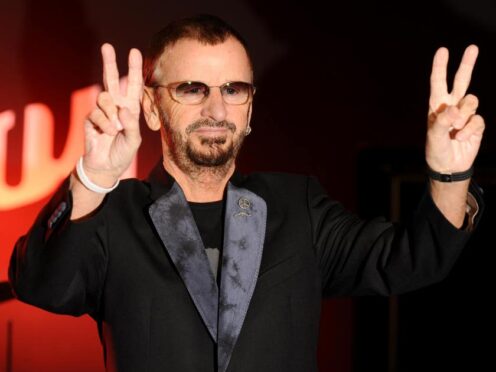People are having poorer sleep and reporting more vivid dreams during lockdown, a poll suggests.
Half of British adults (50%) say their sleep has been more disturbed than usual and almost two in five (38%) are having more vivid dreams than they would usually.
A survey of 2,254 British adults conducted in May also found that 39% said they are sleeping a lot less than they usually would.
Others have said that they have slept for longer but feel less rested.
Experts from King’s College London, who conducted the research, said that overall six in 10 people in the UK have had worse sleep since lockdown was announced on March 23.
They also found that younger people are much more likely to report changes to their usual sleeping patterns.
Almost half (46%) of 16-to-24-year-olds said they are sleeping fewer hours than they did before lockdown was announced compared to around a third of those aged 35 and over.
Men are sleeping slightly better than women – 46% of men said their sleep was more disturbed than usual compared to 52% of women.
And people whose finances have been affected by the pandemic are suffering worse sleep, with 62% of these people more disturbed than usual.
Those who find coronavirus stressful are much more likely than those who do not to have experienced negative sleep impacts, the authors added.
Professor Bobby Duffy, director of the Policy Institute at King’s College London, said: “Nearly two-thirds of the UK public report some negative impact on their sleep from the Covid-19 crisis, clearly showing just how unsettling the pandemic and lockdown measures have been for a very large proportion us.
“And this is clearly tied to both how stressful we’ve found the virus itself, and how much we fear the impact of the lockdown on our employment and finances.
“Young people in particular have experienced the most impact on their sleep, for good and bad – they are more likely than older people to say they’ve experienced negative impacts on their sleep, but also more likely to say they’ve slept better.”
The poll comes as new research highlights how levels of anxiety and depression have fallen as lockdown has eased. Experts at University College London (UCL) are tracking more than 90,000 people on how it is affecting their wellbeing and mental health.










